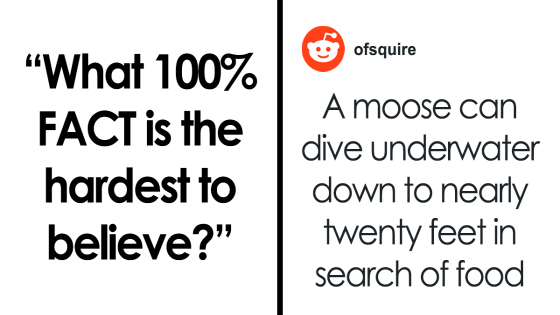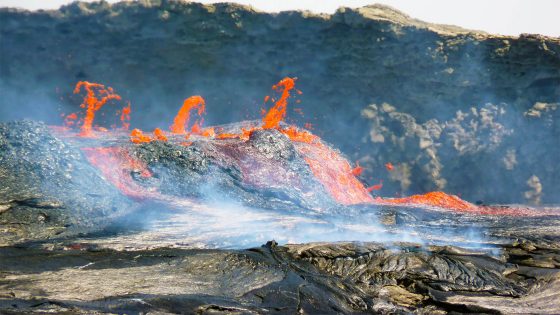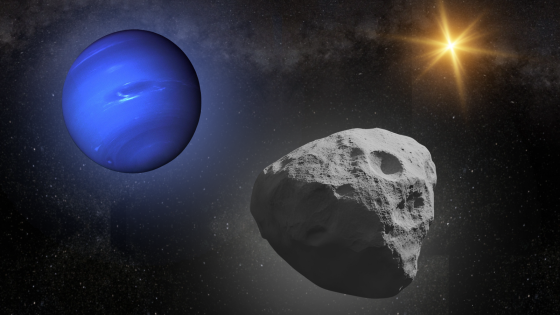Earth’s rotation is becoming increasingly intriguing, as it recently completed a full spin in just 1.34 milliseconds less than the standard 24 hours. This phenomenon, occurring on July 22, 2025, highlights a puzzling trend in our planet’s rotational behavior that has scientists scratching their heads.
- Earth’s rotation is speeding up unexpectedly.
- Shortest recorded day was 1.66 milliseconds faster.
- Tidal friction from the moon slows rotation.
- Melting ice may influence Earth's spin.
- Cause of acceleration remains unclear.
- Predictions suggest temporary anomaly in rotation.
The acceleration of Earth’s rotation is not merely a fleeting curiosity; it may necessitate a negative leap second by 2029, an unprecedented adjustment to atomic clocks. As we delve deeper into the reasons behind this acceleration, the implications for timekeeping and our understanding of Earth’s dynamics become clearer.
This sudden speed-up in Earth’s rotation prompts essential questions: What could be causing this change, and how might it affect our understanding of time? Experts are investigating various factors, including:
- The impact of melting polar ice on Earth’s spin.
- The potential influence of a slowing liquid core beneath the surface.
- Historical Trends showing a gradual lengthening of days over millennia.
As we continue to explore these mysteries, advancements in geophysical research may unlock new insights into Earth’s complex dynamics. Staying informed about these developments is crucial for both scientific communities and the general public.

































